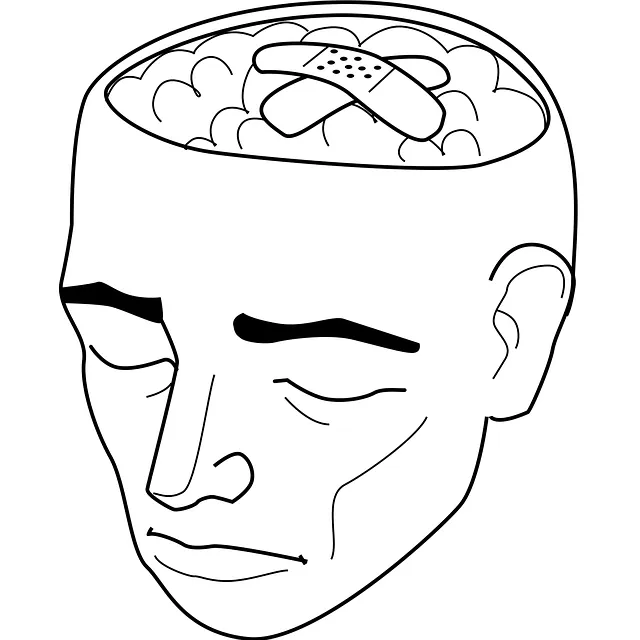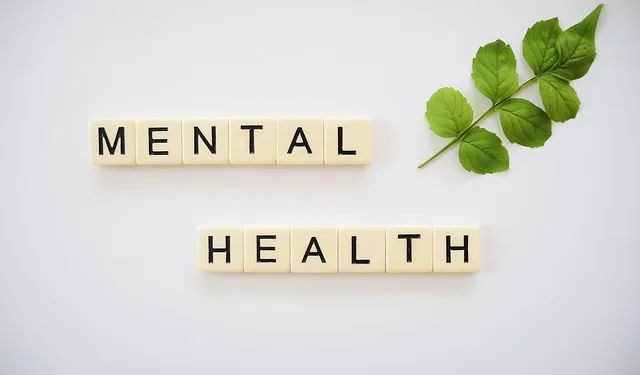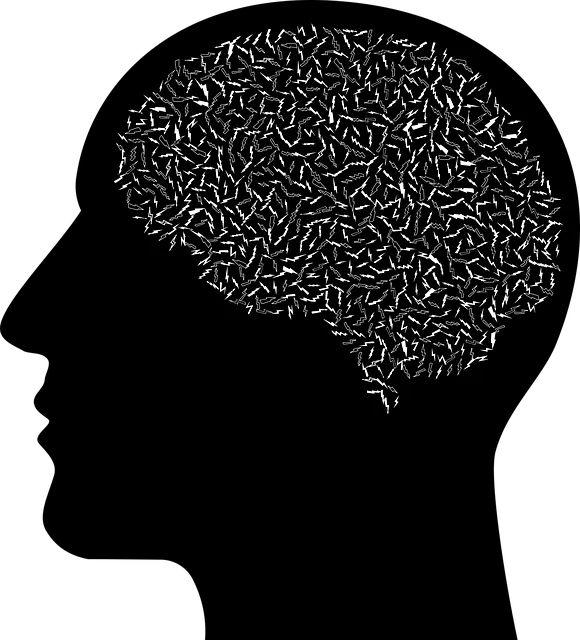Superior Kaiser Permanente psychiatry emphasizes the importance of coping skills in managing life's challenges, with a focus on individual uniqueness in stress response. Effective strategies include mindfulness, cognitive reframing, and creative outlets, empowering individuals to handle emotions healthily, foster self-esteem, and manage risks. Their specialized programs and workshops, including evidence-based mental health education, enhance emotional well-being and build resilience. Through teaching conflict resolution, anxiety relief, and positive thinking exercises, Kaiser Permanente equips individuals to navigate life's unpredictable challenges, improving overall mental balance and stability. Investing in these coping skills leads to personal growth, stronger relationships, and increased productivity.
Coping skills development is a crucial foundation for maintaining mental well-being. This comprehensive guide explores essential strategies for managing stress and regulating emotions, drawing insights from the expertise of Superior Kaiser Permanente psychiatry services. We delve into understanding coping mechanisms, the role of professional guidance, practical tools for daily use, and the long-term benefits of building resilience. By adopting these tactics, individuals can navigate life’s challenges with greater ease and enhance their overall mental health.
- Understanding Coping Skills: A Foundation for Mental Well-being
- The Role of Kaiser Permanente Psychiatry in Teaching Effective Coping Strategies
- Practical Tools for Stress Management and Emotional Regulation
- Building Resilience: Long-term Benefits of Coping Skills Development
Understanding Coping Skills: A Foundation for Mental Well-being

Coping skills are essential tools that empower individuals to navigate life’s challenges and maintain mental wellness. Understanding coping strategies involves recognizing that each person has unique ways of dealing with stress, anxiety, or difficult emotions. Superior Kaiser Permanente psychiatry emphasizes the importance of teaching individuals these skills as a foundation for their overall mental health. By developing effective coping mechanisms, folks can foster self-esteem improvement and enhance their ability to manage risks, which is particularly crucial in the context of Risk Management Planning for Mental Health Professionals.
This proactive approach ensures that people have a toolkit ready when faced with life’s curveballs, enabling them to respond rather than react. It’s about learning to handle emotions healthily, whether it’s through mindfulness practices, cognitive reframing, or engaging in creative outlets. With proper coping skills, individuals can transform their responses to stressful situations, leading to better mental wellness and a more resilient mindset.
The Role of Kaiser Permanente Psychiatry in Teaching Effective Coping Strategies

Superior Kaiser Permanente psychiatry services play a pivotal role in empowering individuals to develop effective coping skills. Through specialized programs and workshops, mental health professionals within Kaiser Permanente are dedicated to enhancing emotional well-being and fostering resilience. These initiatives often include evidence-based mental health education programs design tailored to diverse populations, ensuring that participants gain practical knowledge and tools to navigate stress, anxiety, and other mental health challenges.
One of the key aspects is integrating empathy building strategies into these sessions. By cultivating empathy, both patients and healthcare providers can improve communication, create supportive environments, and promote understanding. Moreover, risk assessment for mental health professionals is a crucial component, ensuring that practitioners are equipped to handle complex cases and provide the highest quality care while maintaining their own well-being.
Practical Tools for Stress Management and Emotional Regulation

At Kaiser Permanente, our superior psychiatry services emphasize practical tools for stress management and emotional regulation. We understand that life can be unpredictable, and it’s essential to have effective coping mechanisms in place to navigate through challenging situations. Our expert psychiatrists teach a range of techniques, from conflict resolution methods to promote healthy interactions and reduce stress, to anxiety relief strategies that foster a sense of calm and clarity.
By incorporating positive thinking exercises into daily routines, individuals can enhance their resilience and overall well-being. These tools empower people to better handle emotional triggers and maintain mental balance. At Kaiser Permanente, we believe in providing comprehensive care that addresses both the mind and body, ensuring our patients have the resources they need for lasting coping skills development.
Building Resilience: Long-term Benefits of Coping Skills Development

Developing coping skills is a process that fosters resilience, a critical component often overlooked in mental health discussions. According to superior Kaiser Permanente psychiatry experts, building resilience equips individuals with the ability to navigate challenges and setbacks over the long term. This proactive approach to mental well-being enhances one’s capacity to bounce back from difficult experiences, promoting overall psychological stability.
By integrating effective communication strategies and learning risk assessment techniques, individuals can better manage stress, anxiety relief becomes more attainable, and emotional well-being improves significantly. The benefits extend beyond the immediate; these skills contribute to personal growth, improved relationships, and increased productivity in daily life. Thus, investing time in coping skills development is a powerful step towards achieving lasting mental health and overall life satisfaction.
Coping skills development, as highlighted by the insights from Superior Kaiser Permanente psychiatry, is a powerful tool for enhancing mental well-being. By understanding and practicing effective coping strategies, individuals can better navigate life’s challenges, reduce stress, and foster emotional resilience. The article has explored various techniques, from foundational knowledge to practical tools, demonstrating the holistic approach of superior Kaiser Permanente psychiatry in promoting long-term psychological health and overall quality of life.






